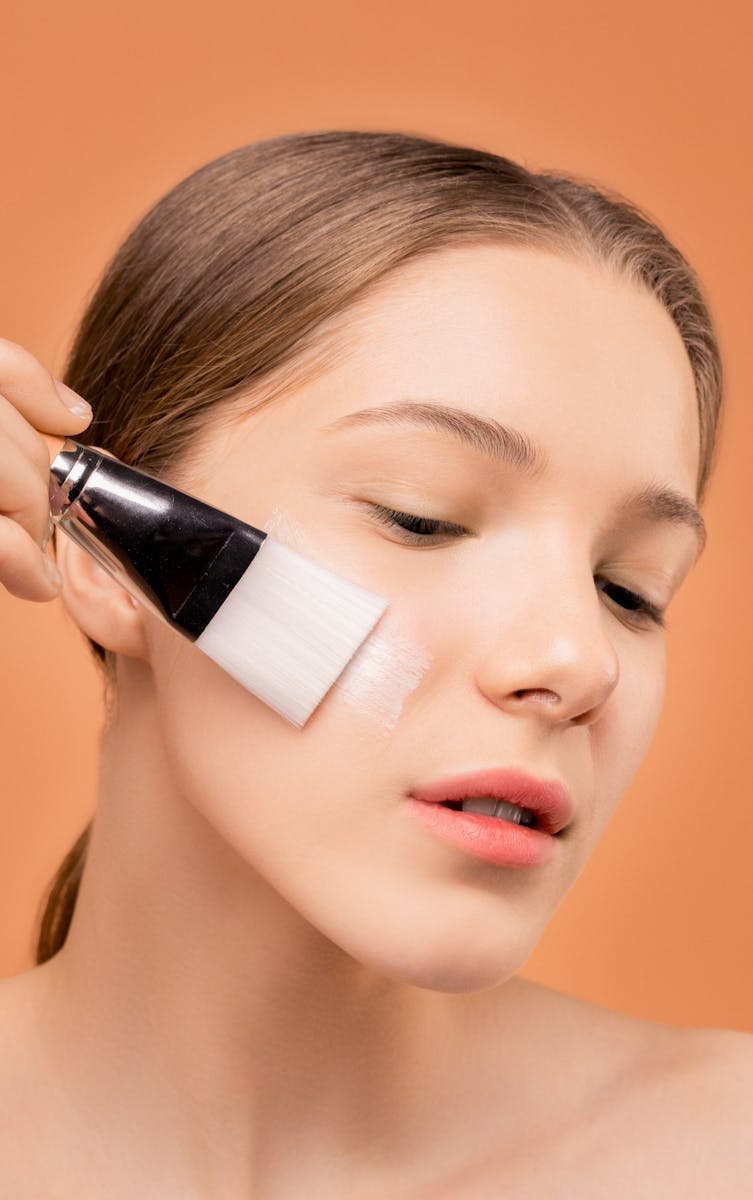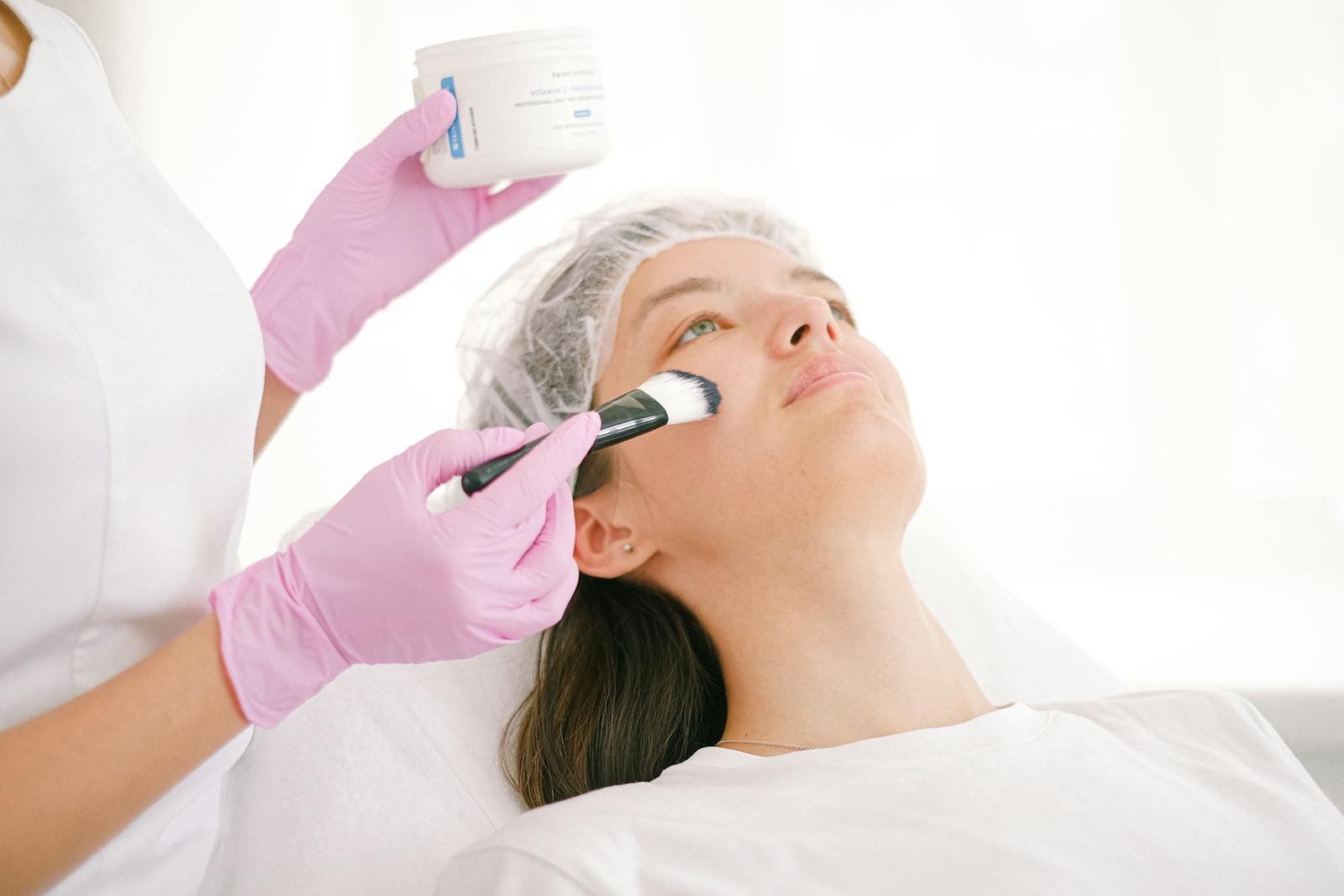Maintaining younger-looking skin is a common goal for many, irrespective of age. With the right combination of skincare practices and lifestyle choices, you can significantly slow down the signs of ageing.
Top 10 Secrets for Maintaining Youthful-Looking Skin
There are several effective strategies and lifestyle changes you can adopt to retain younger-looking skin. Here’s a summary of key tips drawn from dermatological advice:
1. Understand Your Skin’s ABCs
A foundational step in any anti-ageing routine is to remember the ABCs of skincare: ‘A’ for antioxidants, ‘B’ for barrier protection with sunscreen, and ‘C’ for vitamin C serum. Understanding your skin’s ABCs is a simple yet profound approach to maintaining a youthful complexion. This method emphasises three critical components: Antioxidants, Barrier protection (through sunscreen), and Vitamin C serum.
Antioxidants (A)
Antioxidants play a pivotal role in combating the signs of ageing by neutralising harmful free radicals. Free radicals are unstable molecules that can damage cells, leading to premature ageing and even skin cancers. By incorporating antioxidants into your skincare regimen, you can protect your skin from environmental aggressors like pollution and UV radiation. Antioxidants such as retinoids, which are derived from vitamin A, are particularly effective. They not only prevent signs of ageing but also improve skin texture and tone by promoting cell regeneration and reducing inflammation.
Barrier Protection (B)
The ‘B’ in the ABCs stands for barrier protection, emphasising the importance of shielding your skin from the sun’s harmful rays. Daily use of sunscreen with adequate SPF is crucial to prevent photodamage, which can lead to wrinkles, fine lines, and uneven skin tone, as well as more serious conditions like skin cancer.
Sunscreen acts as a physical barrier, reflecting or absorbing UV rays before they can penetrate and damage the skin. Additionally, wearing protective clothing and seeking shade contribute to this protective barrier, further minimising your exposure to harmful UV radiation.
Vitamin C Serum (C)
Vitamin C is a powerhouse ingredient in the realm of skincare, renowned for its antioxidant properties and its role in collagen synthesis. Collagen is a protein that gives our skin its firmness and elasticity.
As we age, our skin’s natural collagen production decreases, leading to wrinkles and sagging. Vitamin C serum can help to stimulate collagen production, aiding in the repair of damaged skin and the prevention of premature ageing signs. It also helps to lighten pigmentation and even out skin tone, giving the skin a brighter, more youthful appearance.
2. The Right Products Matter
Navigating the world of anti-ageing products can be overwhelming. The key is trial and error under the guidance of a dermatologist to find what works best for your skin. Both over-the-counter and prescription products have their place in an anti-ageing regimen, but safety and efficacy should always be the priority.
3. Gentle Cleansing
How you wash your face can have a significant impact on your skin’s ageing process. Opt for gentle, fragrance-free cleansers and avoid aggressive scrubbing. This method preserves collagen, keeping your skin smooth and reducing the appearance of wrinkles over time.
4. Innovations in Skin Rejuvenation
Various treatments for anti-ageing skin exist, including cutting-edge options like platelet-rich plasma injections. These treatments stimulate collagen production, which is essential for maintaining the skin’s youthful elasticity and firmness.
5. The Importance of Sleep
Adequate rest is not just about looking refreshed. During sleep, your skin undergoes repair and renewal processes that counteract the day’s damage. Skimping on sleep can exacerbate skin ageing, making those restful eight hours a night crucial for youthful skin.
6. Sun Protection is Non-negotiable
Repeated exposure to UV rays accelerates skin ageing. Use broad-spectrum sunscreen daily, wear protective clothing, and seek shade whenever possible. Antioxidant serums can also enhance your skin’s defence against sun damage and free radicals.
7. Hydration Inside Out
Keeping hydrated benefits your skin as much as any cream or serum. Drinking enough water ensures that your skin remains plump, elastic, and less likely to develop wrinkles. Applying moisturizer locks in hydration, especially when used after bathing.
8. Consultation with a Dermatologist
Your journey to maintaining younger skin should include regular consultations with a dermatologist. They can provide tailored advice, recommend products, and offer professional treatments like chemical peels or microdermabrasion to enhance your skin’s appearance.
9. Lifestyle Choices That Enhance Skin Health
Beyond topical treatments and skincare routines, certain lifestyle choices have a profound impact on skin health:
Diet
Incorporate a balanced diet rich in fruits, vegetables, and superfoods. Nutrient-rich foods support skin health from within, fighting free radicals and encouraging cell repair.
Exercise
Regular physical activity improves circulation and reduces stress, both beneficial for skin health. Exercise also supports overall well-being, which reflects on your skin.
Quit Smoking
Smoking accelerates skin ageing by reducing blood flow and breaking down collagen. Quitting smoking can improve your skin tone and texture over time.
Key Takeaways
Retaining younger-looking skin is a holistic process that combines effective skincare practices with healthy lifestyle choices. While ageing is natural, taking proactive steps can help minimise its visible signs. Remember, your skin’s health today is an investment in its future appearance. Embrace these practices not just for aesthetic benefits but for overall well-being.




